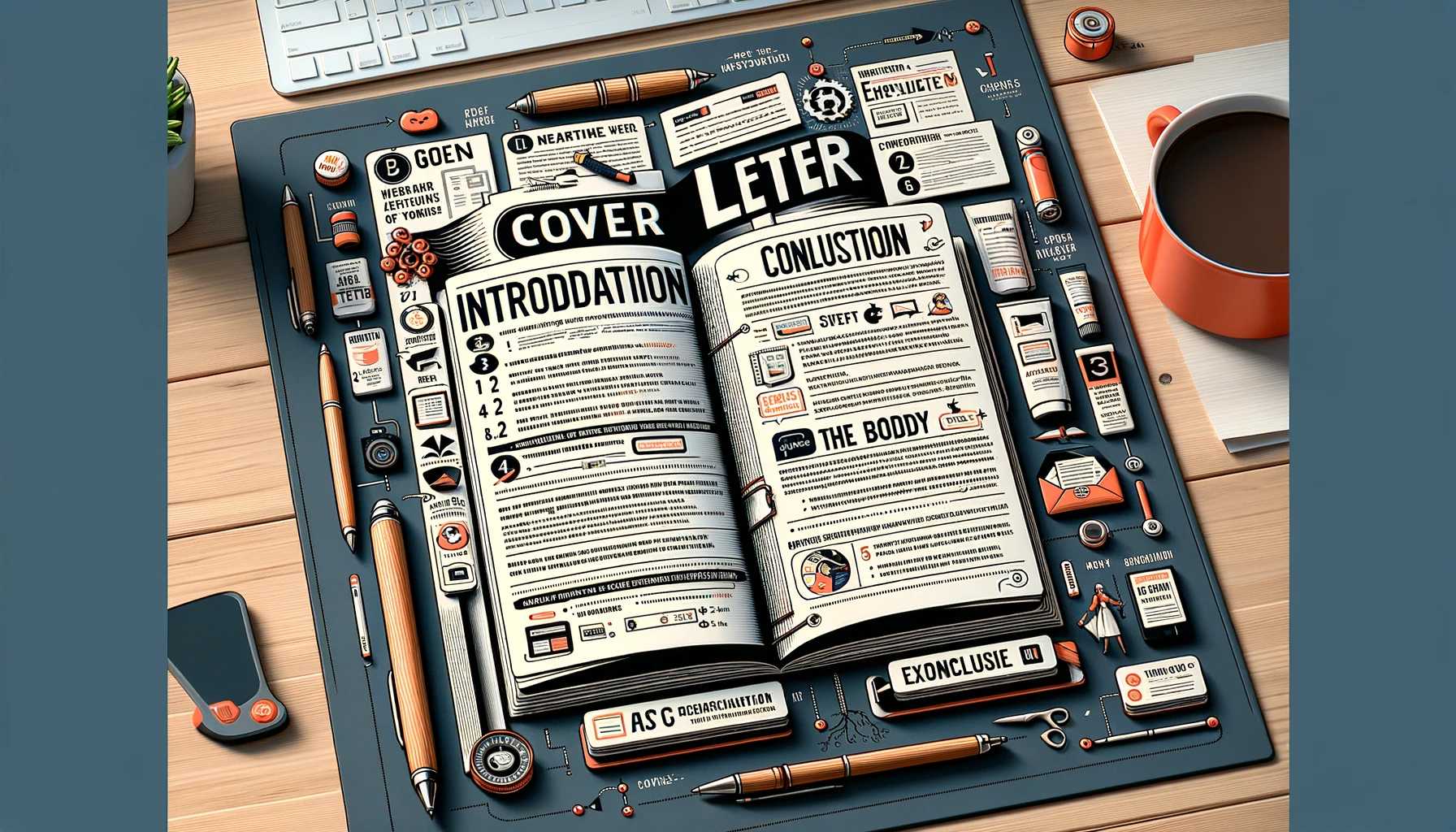How to write a great Cover letter
Think about this: you’ve made a resume that pointed out your work experience and you’re about to submit a job application. But before you can continue you see the phrase that every job seeker dreads: “cover letter required”.
Many people prefers submitting just their resume, than attaching a cover letter to it, but if you’re job hunting you’ll need to write the best cover letter ever to make a strong positive first impression for your employers.
WHAT IS A COVER LETTER?
A cover letter is a document that accompanies your resume when you are apply for a job. It’s an opportunity to introduce yourself and explain why you’re interested in the position. A cover letter should be tailored to the specification of the job you are applying for, and it should highlight your unique qualifications and how you can add value to the company. It’s not just a rehash of your resume, but rather a chance to showcase your personality and motivation.
HOW TO CRAFT A STRONG INTRODUCTION FOR YOUR COVER LETTER
A strong introduction typically starts with a hook, or a sentence that grabs the reader’s attention. Introduce yourself and state your interest in the position. Then start with a strong sentence that will grab the reader’s attention. Secondly, use specific examples and anecdotes to illustrate your skills and qualifications. Thirdly, make sure your cover letter is easy to read by using short paragraphs and bullet lists. Fourthly, use the company’s name and specific details about the job opening to show that you’ve done a research. Finally, you’ll want to end the introduction with a clear statement of why you’re the best candidate for the job.
BODY OF YOUR COVER LETTER
This is where you’ll want to highlight your qualifications and skills that are relevant to the job. Be sure to use specific examples to demonstrate your abilities. For example, instead of saying “I’m a good communicator,” you might say “I successfully led a team of five people and communicated project updates to the company CEO”.
CONCLUSION OF YOUR COVER LETTER
Here you’ll want to reiterate your interest in the job and state how you’ll follow up. You can also use this section to express your gratitude for the hiring manager’s time and consideration.
DIFFERENCES BETWEEN A COVER LETTER AND AN APPLICATION LETTER
A lot of people mistake an application letter to a cover letter, actually they are very similar. However, there is one key difference.
An application letter is a letter that you send alongside with your resume when you’re applying for a specific job opening. An application letter are usually one full page.
A cover letter is a more general letter that you can use when you’re sending your resume to a company, even if they don’t have a specific job opening. A cover letter contains concise information since the applicant attach a resume that details their work experience and skills.
So, an application letter is specific to a job, while a cover letter is more of a general introduction.
DOS AND DON’T OF A COVER LETTER
Firstly, do make sure your cover letter is well-written and free of errors. You don’t want any spelling or grammar mistakes to take away from your message. Secondly, don’t just repeat the information that’s on your resume. The cover letter should complement your resume, not duplicate your resume. Thirdly, do tailor your cover letter to the specific company and job opening. This will show that you’ve done your research and are genuinely interested in the job and the position.
TIPS FOR WRITING A COVER LETTER
- Keep it concise. Hiring manager’s don’t have time to read long letters, so make sure yours is one page or less.
- Be sure to use a professional tone. Don’t use slang or causal language.
- Use active voice and avoid using passive voice. For example, instead of saying "The project was completed by me”. You could say “I completed the project”.
- End your cover letter with a call to action. Like asking for an interview.
COMMON MISTAKES TO AVOID WHEN WRITING A COVER LETTER
- Don’t use generic language like “To whom it may concern”. It’s best to address the letter to a specific person, if possible.
- Don’t focus on what you want from the job. Instead, focus on what you can offer the company.
- Don’t forget to proofread your cover letter before sending it. Even a small typo can make a bad impression.









